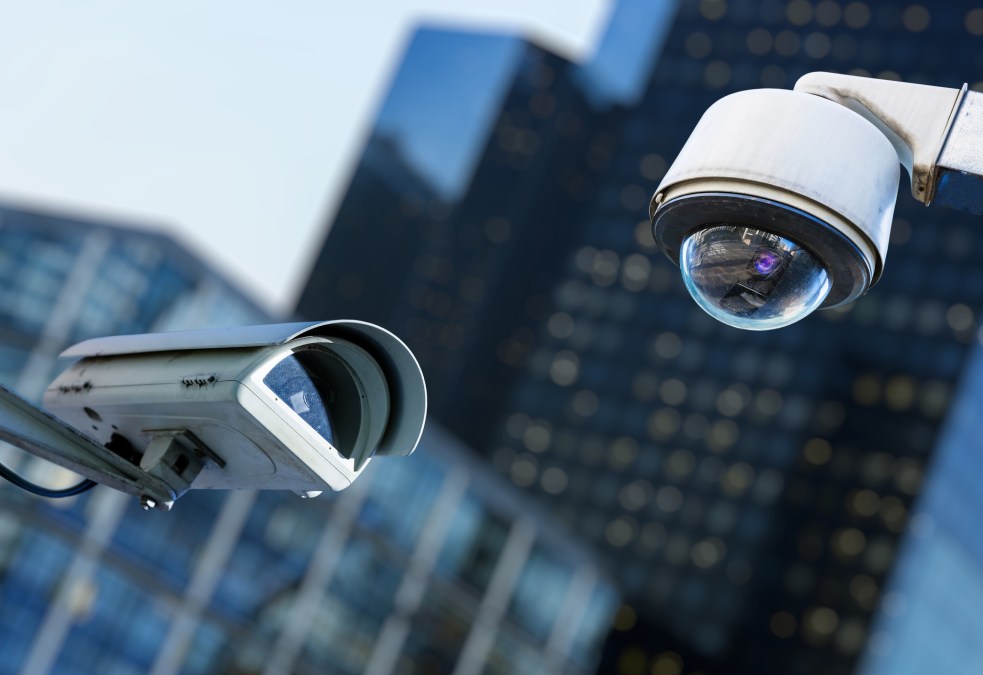Police apprehensive about AI as surveillance tech grows, Michigan study shows

While the use of surveillance technology by local law enforcement agencies across Michigan has increased over the last nine years, many agencies said they were wary of using artificial intelligence tools in policing, according to a survey released Wednesday by researchers at the University of Michigan.
The findings were gathered through the Michigan Public Policy Survey, an ongoing, general purpose survey of all 1,856 local governments, their leaders, local law enforcement agencies and local prosecutors in Michigan that’s been conducted since 2009 by the Center for Local, State, and Urban Policy at the University of Michigan.
For the spring 2024 survey, local government leaders, elected county prosecutors, local chiefs of police and county sheriffs were asked several questions about their department’s use of certain equipment and technology as well as their value, such as body and dashboard cameras, drones, automated license plate readers and facial recognition technology. The results show that the local officials reported a significant increase in the use of cameras and surveillance technology between 2015 and 2024.
In 2015, body cameras were reportedly used by just 23% of law enforcement. In 2024, the survey found that 77% of jurisdictions use them. The use of dashboard cameras also increased from 55% to 74% of jurisdictions between the same years, and public surveillance camera use increased from 28% to 50%. Additionally, the use of drones increased from 3% to 31% of jurisdictions between 2015 and 2024.
Respondents were also asked about their views on the use of automated tools, such as AI and machine learning models in criminal justice work, as well as their confidence in the efficacy of said tools. Fifty-five percent of local government officials said they were unsure if assessments made by automated tools are more or less accurate than those made by humans. And, that uncertainty is even higher among sheriffs and police chiefs, with 59% asserting their uncertainty and 66% of Michigan county prosecutors saying the same.
The survey also asked prosecutors about specific uses of AI tools in their offices’ work, and 50% said they at least somewhat trust AI applications designed to identify high-risk neighborhoods, while 45% at least somewhat trust AI tools for processing and analyzing forensic evidence. Just 20% reported any trust AI’s capacity to conduct risk assessments for sentencing or offers of parole, probation and release.
The report cites several investments local institutions and law enforcement departments have made in recent years to expand the use of these technologies as the reason for evaluating these sentiments. The Grand Rapids, Michigan, Police Department invested nearly $100,000 in 2023 to expand its drone systems. In 2023, following a mass shooting on campus that left three students dead and several more injured, Michigan State University invested millions of dollars in facial recognition technology for its surveillance camera system.






